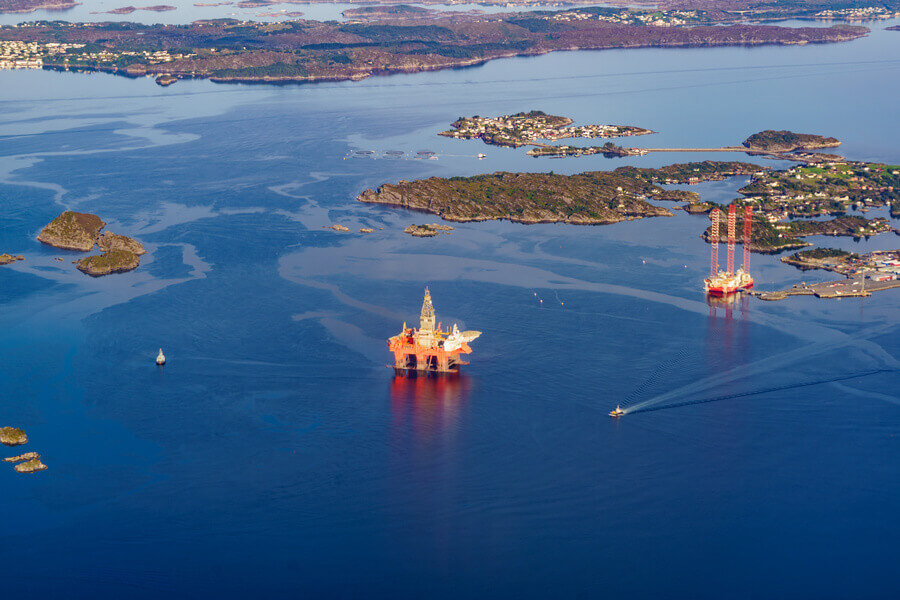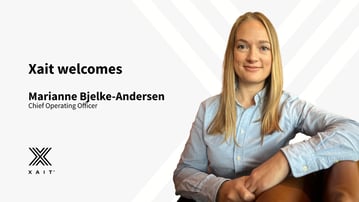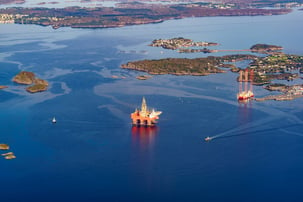The Norwegian Ministry of Energy has announced its first licensing round for seabed mineral exploration. This highly anticipated move aims to meet the demand for minerals crucial to the transformation to green energy. It also positions Norway as a frontrunner in this rapidly growing industry. For energy and renewable companies, this presents both opportunities and challenges.
A Lucrative Opportunity for Green Technology
This licensing round offers a chance to explore vast stretches of the Norwegian and Greenland Seas, rich in copper, cobalt, and rare earth elements. Minerals crucial to the green transition. Obtaining these minerals through traditional land-based mining, however, can have significant environmental drawbacks, such as deforestation, habitat destruction and pollution.
By opening exploration, Norway aims to be the leader in supplying the minerals critical for green transition. While potentially mitigating environmental concerns surrounding land-based mining.
Licensing Process Prioritizes Environmental Concerns
While this licensing round sparks excitement within the green technology sector, environmental groups remain cautious. Potential marine ecosystem disruption and long-term environmental impact are chief concerns.
In response, the Norwegian government renewed its commitment to responsible exploration. The licensing round, coupled with Norway’s rigorous environmental safeguards, aims to strike a balance between economic potential and ecological responsibility.
For energy and renewable companies this is an opportunity to develop innovative and environmentally friendly methods that are also efficient and sustainable. Companies with expertise in marine biology, ecology, and environmental impact studies will be in high demand.
E&R Licensing Application Challenges
Even with this opportunity, the journey from application to license is competitive and complex. This will likely involve significant investment in expertise, technology, and responsible practices.
“Norway prioritizes sustainable processes, so licensing applications must balance efficient extraction technologies with a robust plan for mitigating potential ecological damage,” explained Eivind Windspoll, Chief Revenue Officer at Xait and long term E&R industry professional. “This is also a new field, involving its own set of challenges. Applications will need to demonstrate their ability to adapt to operating in harsh deep-sea environments while ensuring worker safety.”
The most crucial hurdle lies in securing approval for a comprehensive exploration plan. This plan requires a thorough environmental impact assessment and final approval by the Norwegian Parliament. For Norway and the world, this ensures environmental concerns are addressed at every stage of exploration.
“The key to success in this new frontier will be scaling up research and writing efforts while maintaining the highest standards of accuracy and quality.” continued Mr. Windspoll, "This is precisely why XaitPorter is the preferred document collaboration and automation solution for APA licensing round applications.”
- Master Extensive Data. Centralize, control and access research, environmental reports and technical specifications based on granular, role-based permissions.
- Master Detail Precision. Seamlessly harness global expertise for guidance as you write and for spotting regulatory and accuracy issues and improvement opportunities earlier in the process.
- Save Significant Time. Automate content searching, expert hand-offs, document compilation, and layout and formatting to save significant time to invest in more opportunities.
This licensing round is likely to attract numerous energy and renewables companies vying for contracts. Standing out will require innovative solutions, environmental rigor, a strong track record, and clear understanding of Norway’s specific requirements. Are you ready?
Learn how E&R companies are saving time to respond to this licensing surge opportunity.








